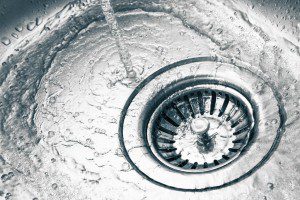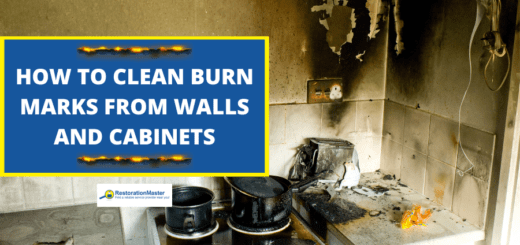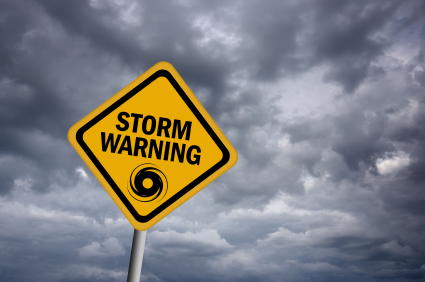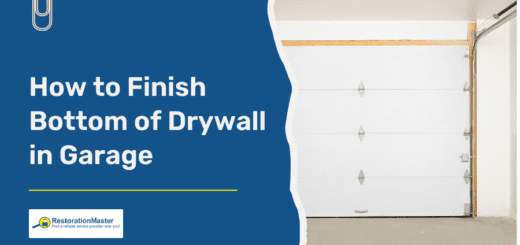Tips for Preventing Clogged Drains
There are so many ways that the plumbing in a home can cause water damage. Potential plumbing issues include burst pipes and leaking appliances as well as clogged drains that lead to overflows. Clogged drains are a very common and very preventable issue. The toilet, sink, and shower are each vulnerable to drain blockage caused by debris buildup. The longer you ignore this problem, the less likely you will be able to fix the problem yourself. Clogged drains cause overflows and backups that can lead to extensive structural damage in a home as well as mold or mildew growth. Your best defense against a drain clog in your home is preventative drain maintenance.
What causes blocked drains?
Drain blockage occurs mostly because of neglect. Kitchen sinks clog when food particles and grease find their way into the drainpipe and continue to accumulate. Toilets often get clogged when you flush items that should not be flushed such as paper towels and other hygiene products. Bathtubs and bathroom sinks may get clogged by hair, toothpaste, hair products, and other common products found in a bathroom. You can prevent blocked drains from these potential causes by following these drain maintenance tips:
- Protect your drains from soap scum, hair, food, oils, grease, and other debris that could clog the drain.
- Do not style, brush, or comb your hair over a drain.
- Never wash grease down the kitchen sink. Grease must be poured into a designated container to be thrown away later.
- Run cold water when using the garbage disposal because it can dislodge stuck food particles.
- Throw away coffee grounds, never wash them down the drain.
- Find safe alternatives for disposing chemicals.
- Cover drains in the bathroom sink and bathtub to keep hair out of them.
- Clean your drain covers.
- Pour boiling water down all drains once per month to help dislodge debris. Do not do this with your toilet because the temperature of boiling water can break or crack the fixture.
- Avoid flushing too much toilet paper as well as any objects that should not be flushed.
- Use a natural solution to treat your drains. These solutions contain living microorganisms that feed on the organic waste that can clog your drain.
By taking these preventive actions, you can avoid clogged drains as well as the significant water damage caused by overflows. However, you may still experience clogged drains despite these preventative measures that can lead to flooding and water damage in your home. If you experience such a situation, contact a plumber to fix the clog as well as a water damage restoration professional to remove the excess water and restore the damage. These professionals can extract excess water using advanced equipment and take the right actions to prevent mold and mildew growth.













